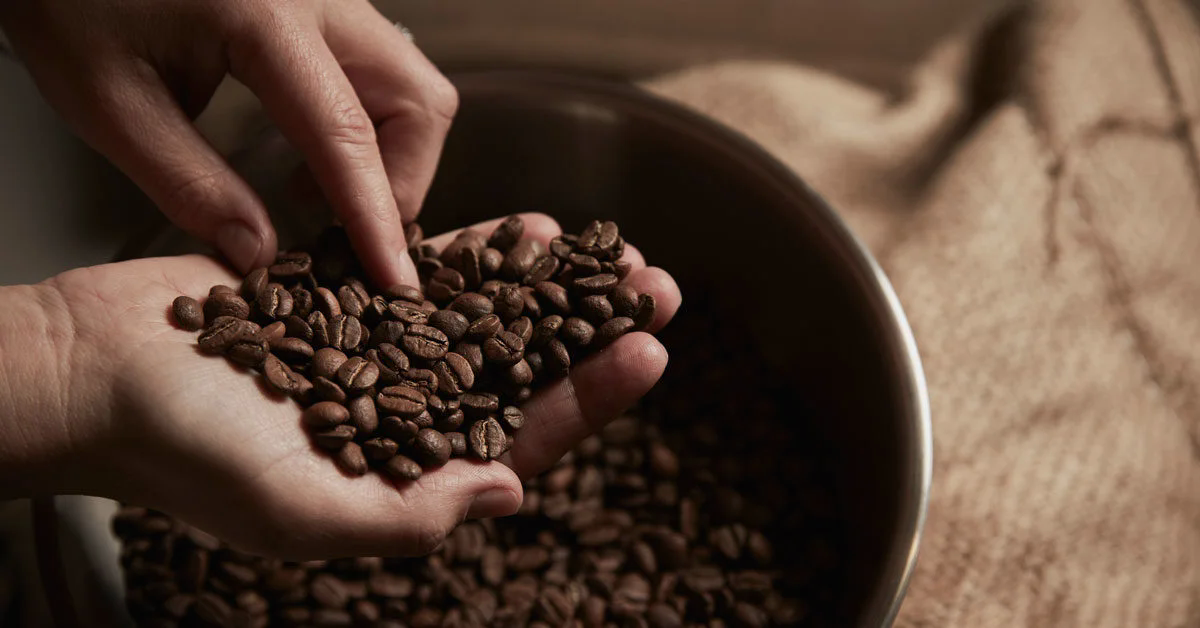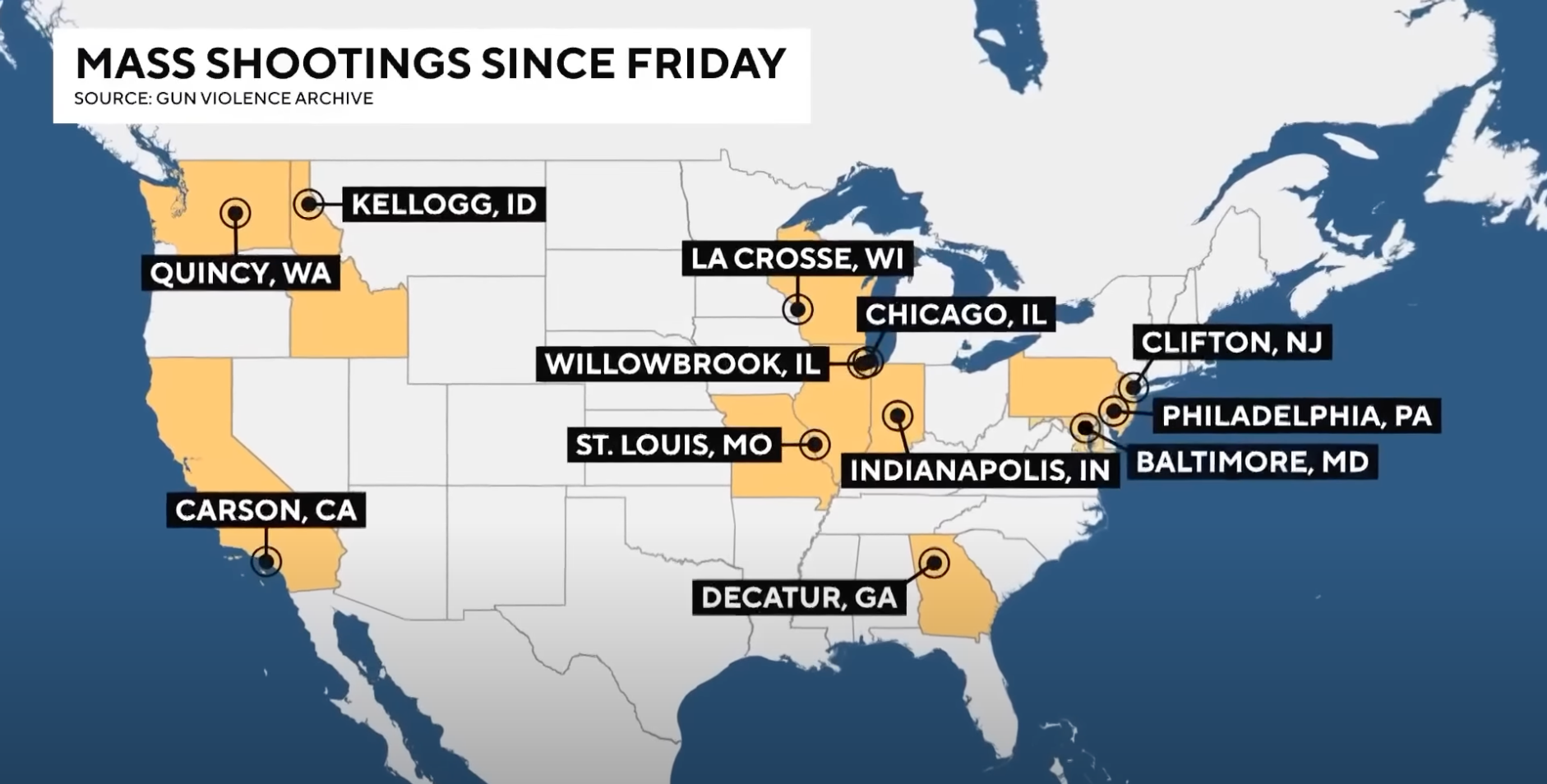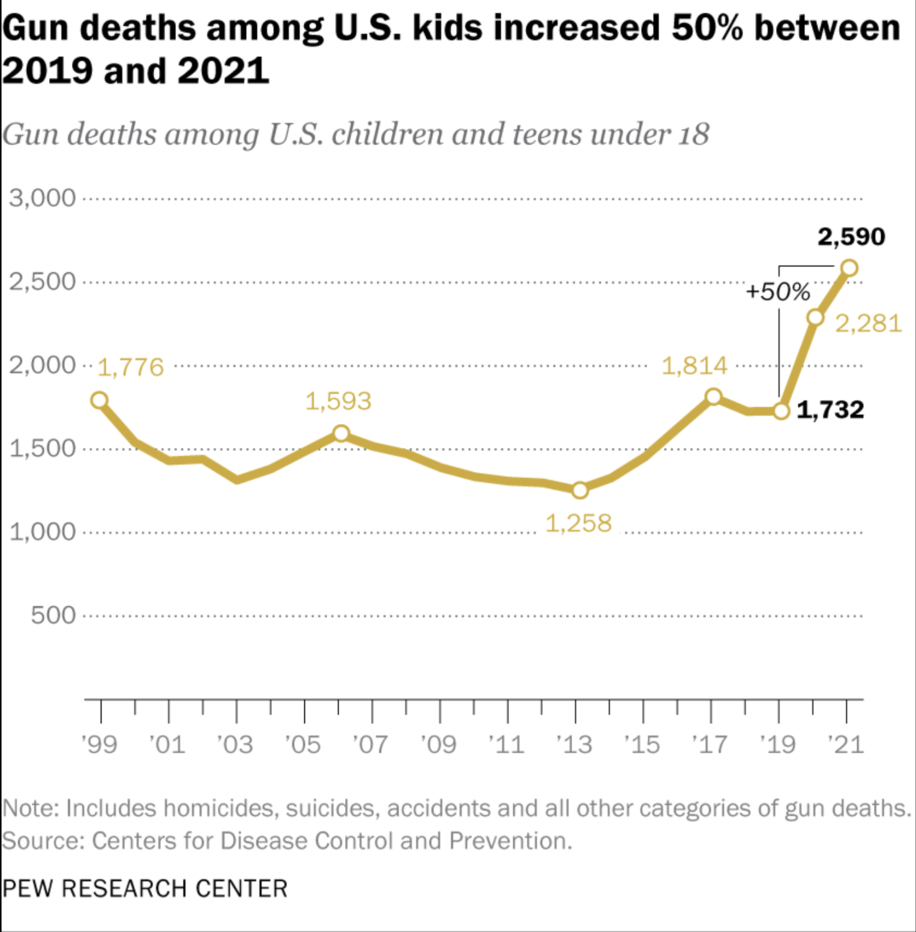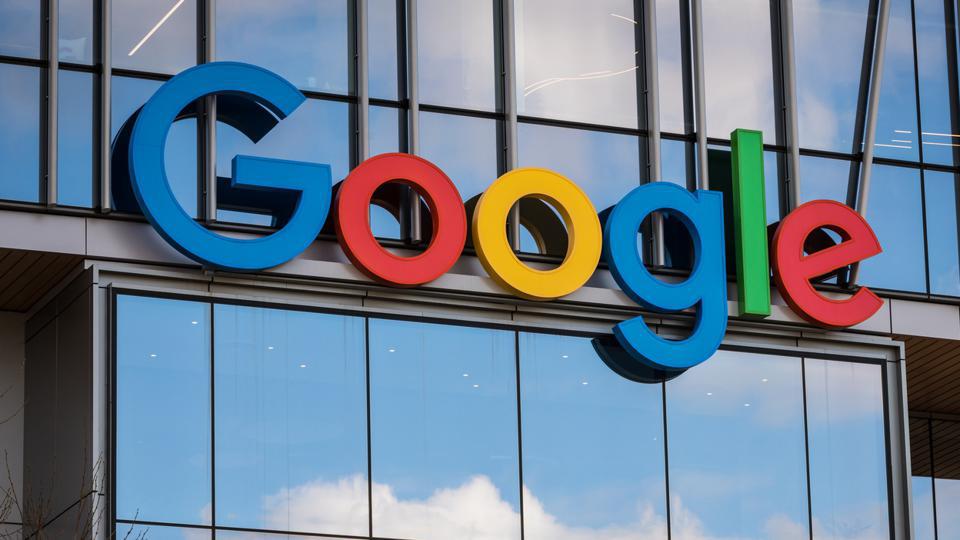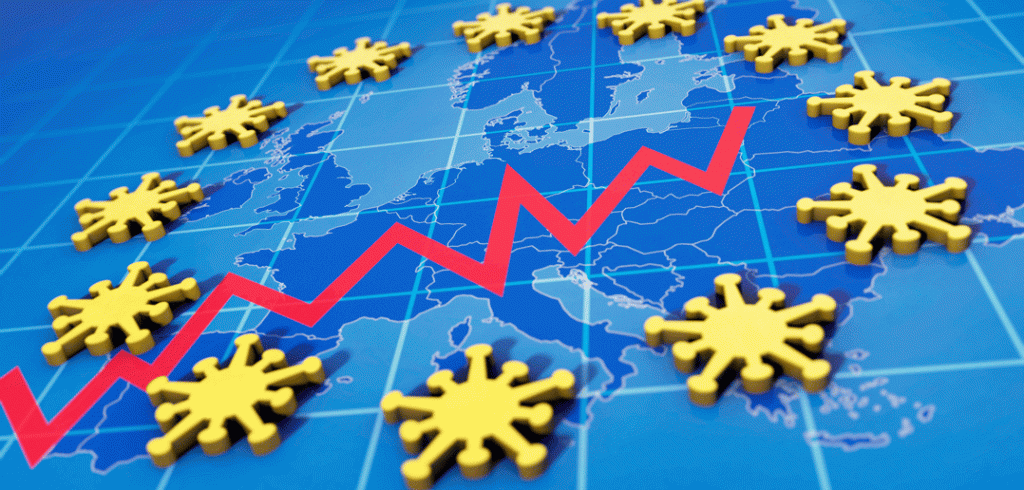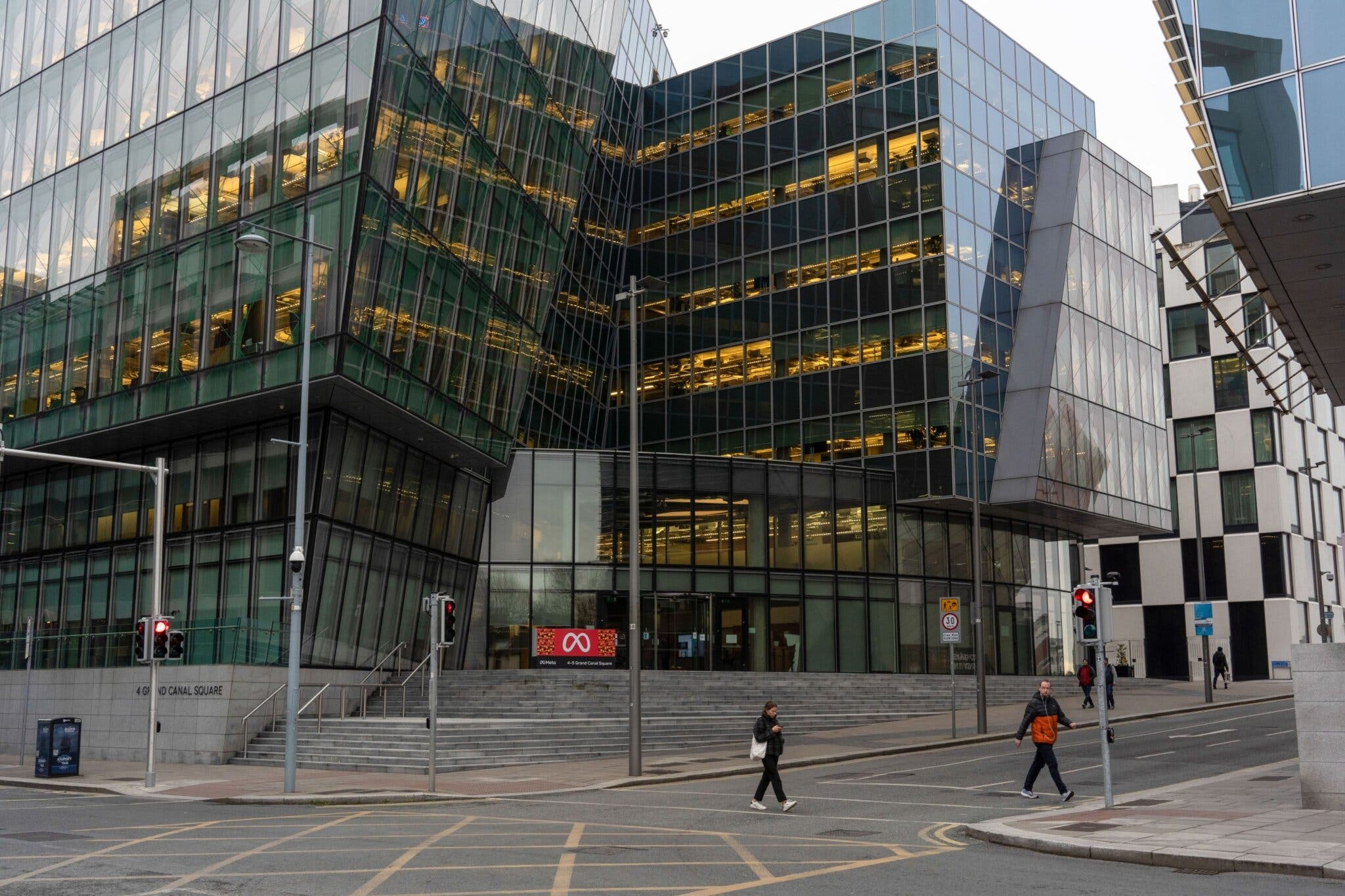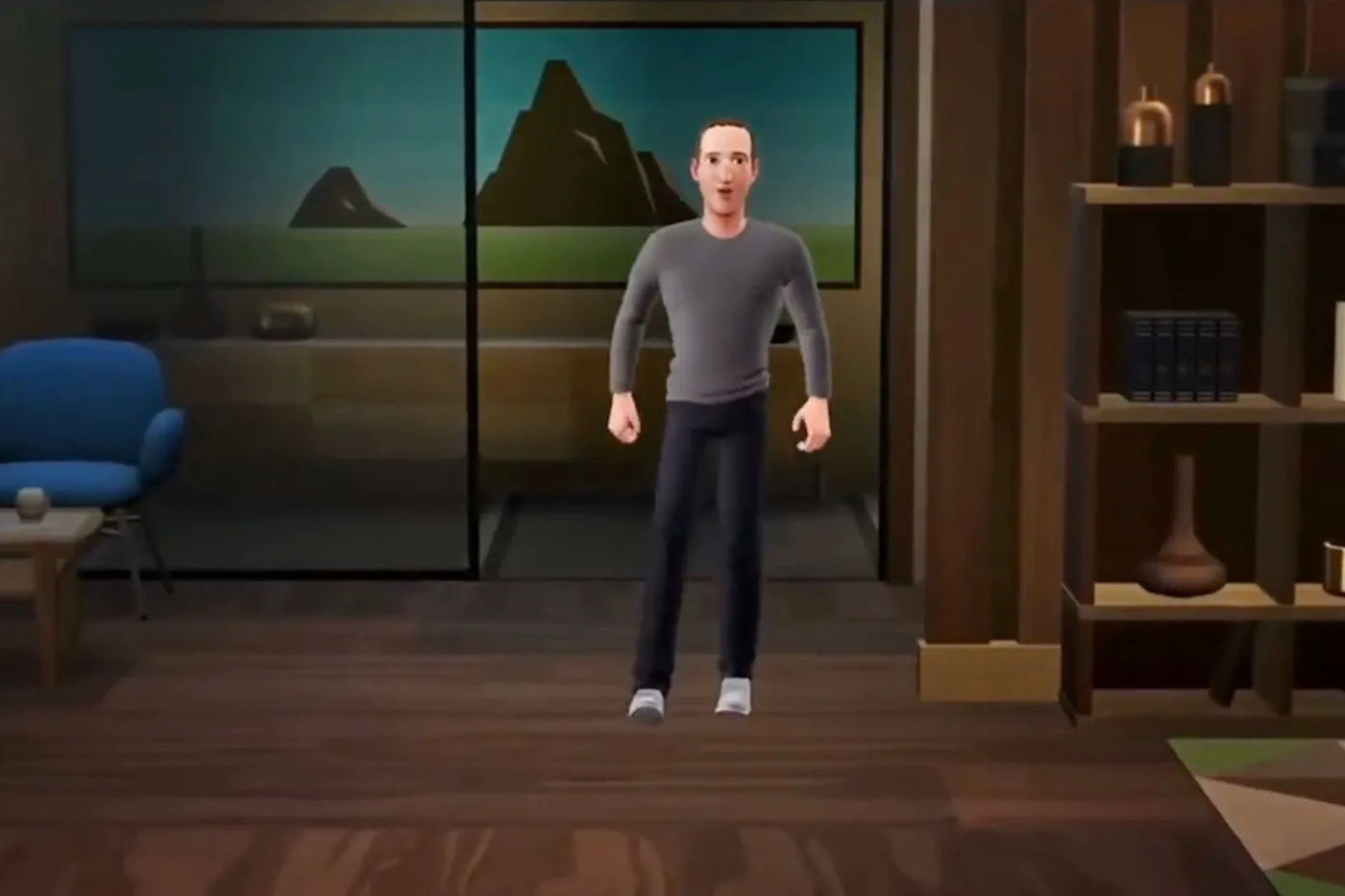
A fascinating article by Kris Newby in the Stanford Medicine Magazine on the work by Stephen Luby and Jenna Forsyth to hunt down the causes of lead poisoning in pregnant women in Bangladesh:
Color matters to turmeric purchasers, and turmeric that is more vibrantly yellow typically sells for higher prices. The Stanford University team learned that this color-linked perception of quality may have started in the 1980s, when a flood interrupted the drying process, turning rhizomes brown and moldy.
To mask flawed turmeric, some processors began dusting the roots with lead chromate — an orange-yellow industrial pigment used to color plastics and furniture. From the interviews, Forsyth learned that this coloration step continued for four decades after the flood and that most processors weren’t aware that the pigments were toxic. But, with Forsyth’s help, this would soon change.
[…]
In July 2017, three years into her PhD research, Forsyth and the team shared their stunning findings: Turmeric mixed with lead-chromate pigments contained lead levels up to 500 times the Bangladesh legal limit of 2.5 micrograms per gram, making it the most likely cause of the lead poisonings.
And before you think this is a problem in remote under developed parts of the world only, the United States has no regulations regarding heavy metal level in food. Only New York has enacted limits for heavy metals in herbs and spices.
Lisa L. Gill for writing for Consumer Reports:
The lack of regulation leaves much of the monitoring of heavy metal levels to companies. CR contacted all the ones with products in our tests to see how they limited heavy metals.
Of the companies that replied to our questions—Al Wadi Al Akhdar, Costco, Bolner’s Fiesta, Gebhardt, Litehouse, McCormick, Roland Foods, Spice Islands, Target, and Whole Foods—a few said they require their suppliers to have a program for controlling or testing for heavy metals. But only three—Al Wadi Al Akhdar, Bolner’s Fiesta, and McCormick—specifically said they test products in their manufacturing plants for heavy metals.
Costco, Litehouse, and McCormick said their goal is to have heavy metals as close to zero as possible, but no company provided the thresholds they consider acceptable.
An excellent read with some excellent suggestions on how to protect yourself. Here is a simple test if you want to test your herbs at home.

